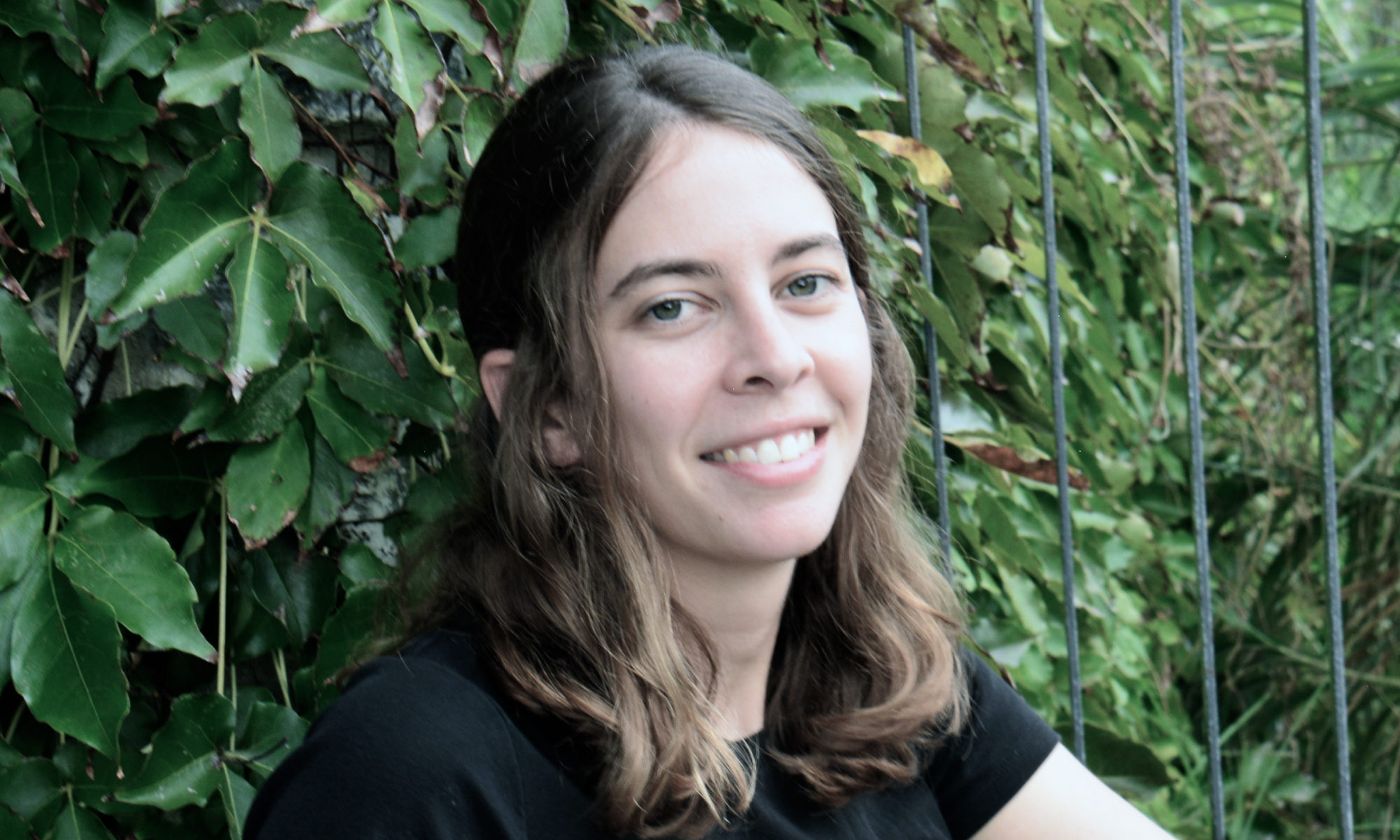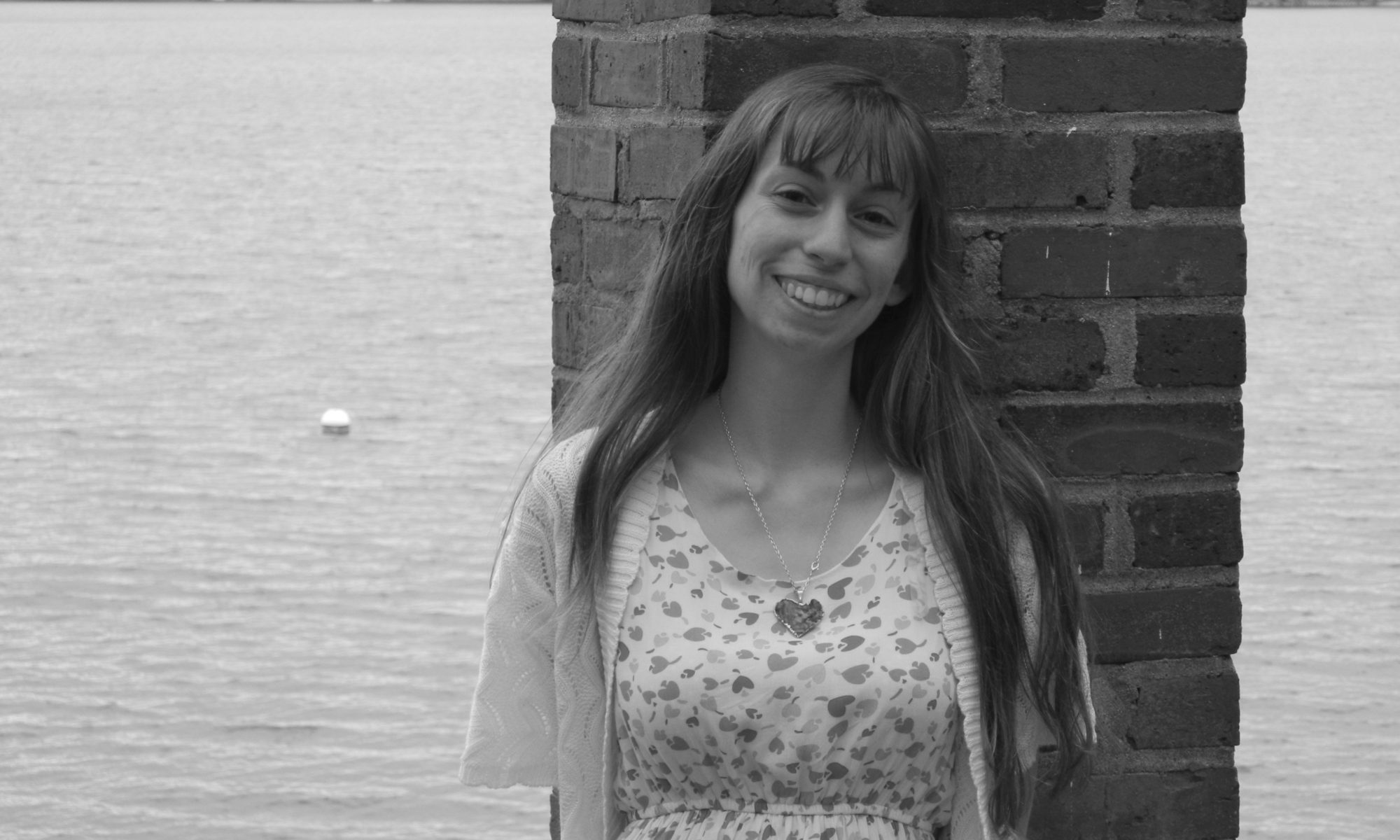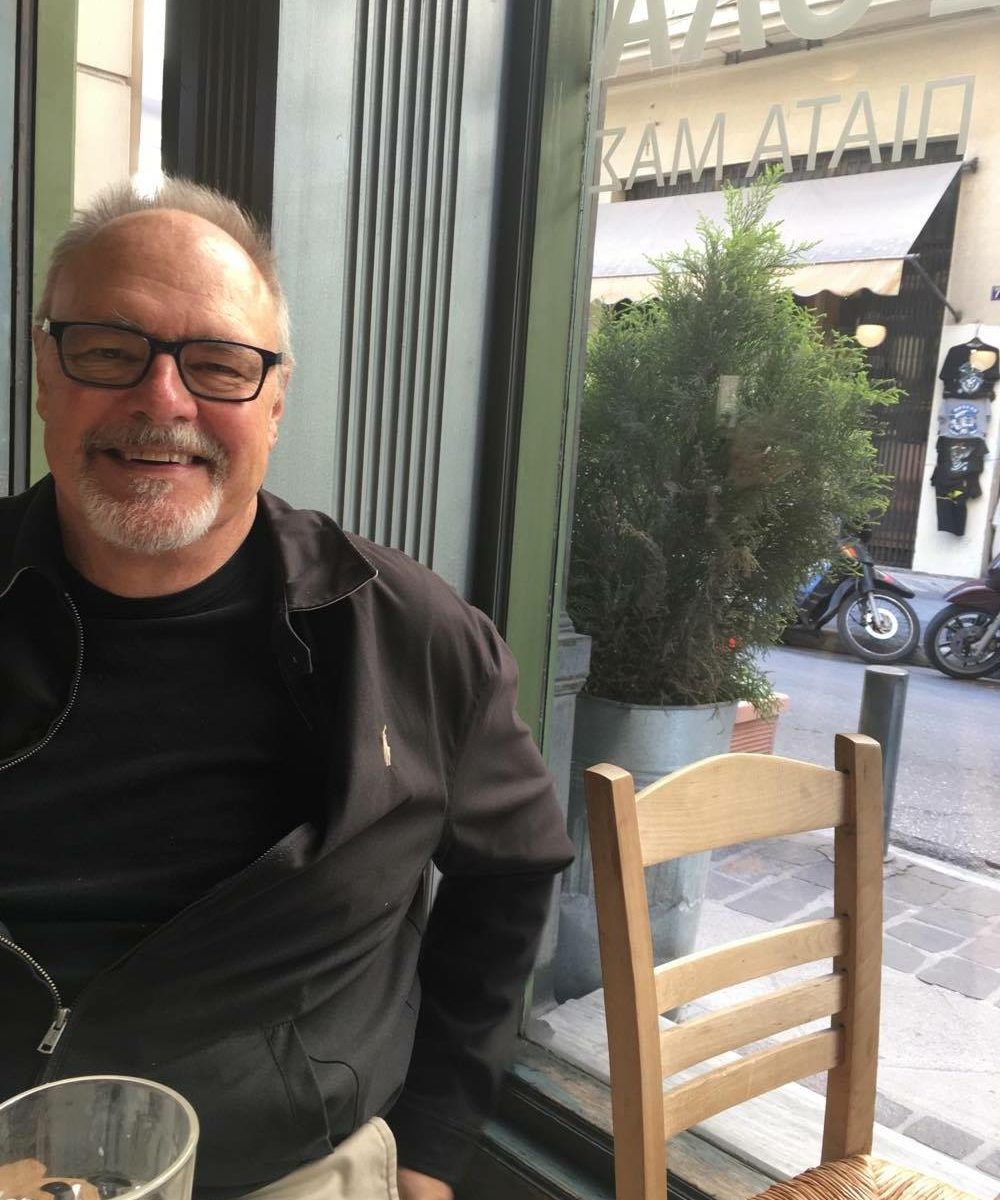Seven bowls of rice sit on my host-family’s Chuseok (South Korean Thanksgiving) table, one for each of them and me. To my right is a plate of sweet, soy- and sugar-glazed lotus roots—light brown, and shaped like a child’s drawing of a flower. Crunchy and crumbly, the roots taste almost like a salted caramel candy. To my left is a large bowl of grilled tilefish, opened and spread at the belly. When eaten, the white meat falls from the spine and dissolves delicately in the mouth. Four fish line the bowl now, and twelve others lie packed on ice in Styrofoam boxes in the mudroom. My host-father bought them fresh from the open-air market by the docks this morning. The extra are a gift to his parents.
Across the table, in front of grandmother and grandfather, lies a plate of grilled pine mushrooms that resemble tiny hammers. They are rubbery yet sweet, with thick stems that squeak when chewed. Minji*, my six-year-old host-sister, fixes her eyes on an assortment of shrimp and vegetables fried in egg—carrots, peppers, onions, broccoli. It’s her favorite, and everyone at the table knows to let her get the first (and last) bite. Finally, a large bowl of thick beef short rib stew sits by my host-mother and eight-year-old Kyeong-ha*, my eldest host-sister. Piled high in the bowl, it oozes precariously down toward the rim.
It is late September, and I have been living at my host-family’s home in Mokpo—a city at the edge of southwest South Korea—for about five weeks. I am there on a teaching scholarship, where I will teach English to 600 students at a local girls’ high school for one year. The holiday weekend is a welcome break from my rushed entry into the classroom—I had never taught before—as well as into a new home and country. We left Mokpo mid-morning and drove to my host-father’s parents’ house in Dangjin, a town south of Seoul, and spent the rest of the afternoon preparing the holiday meal.
Grandfather is a Christian minister, and we wait while he prays. I am neither Christian, nor religious, but I hear my name and am glad that he includes me in his prayer. When he finishes, grandmother stands up, having forgotten something in the kitchen. She brings out a fork for little Minji, who still cannot use chopsticks well.
It’s time to eat.
Kyeong-ha goes for the side dish of dried seaweed. It’s meant to be eaten while wrapped around rice and meat, but she enjoys it plain and by the mouthful. My host-father fills Minji’s plate with the egg-battered vegetables and shrimp, and takes a bite himself. Grandfather munches on the beef, nodding thoughtfully, while my host-mother and grandmother survey the table, confirming that everyone was eating and enjoying the food before they took their first bites.
And me, I go straight for the kimchi.
My tongue prickles with the taste of sweet salt and spice. The type is baechu (or whole cabbage) kimchi. Its heat is moderate. It crunches, and its color is a deep, almost neon, chili-pepper red. I reach for another piece and taste notes of vinegar and the sea. Grandmother sees me devouring the kimchi, and she grabs the dish and runs to the kitchen, returning with a heaping pile that she places right next to my bowl of rice. I am a bit embarrassed; I don’t want the rest of the family to have to reach for it. I push it to the middle of the table, but grandmother pushes it back firmly.
“Meog-eo, meog-eo!” she says. Eat, eat!
Kimchi is a representative dish of South Korea—its pride—and is eaten with every meal of the day. It can be found in every South Korean refrigerator, at every restaurant table, and like water in the United States, it will almost always be refilled for free. Kimchi grew out of the Korean people’s resourcefulness while living on difficult land.
The Korean peninsula is made of mountains, with few opportunities for agriculture, and winters—some of the harshest in its latitude—that often kill local farmers’ small variety of crops. When early Koreans began to farm, they preserved with salt what little vegetables they could grow. One of the most common foods they preserved were radishes that they soaked in brine; these became the forerunners of modern kimchi. Later, more vegetables were introduced into the country, such as the Napa (from the Japanese word nappa, meaning greens or vegetable leaves) or Chinese cabbage, which is the staple of baechu kimchi, the most popular type in South Korea today. During this time, Korean farmers began to add more to their kimchi mixtures (now made with radishes or cabbage) besides brine, such as garlic, spices, leeks, and bamboo shoots. But it wasn’t until after the 1500s that chili peppers were introduced to the country from the Americas, giving birth to the modern spicy kimchi.
Now there are more than 200 types of kimchi in South Korea, and it can be eaten in an endless number of ways: alone as a meal starter or a transition between foods; together with a mouthful of steamy white rice; wrapped in seaweed with rice, grilled pork belly, and a clove of pickled garlic; boiled in a spicy stew with sweet and spicy chili paste, tofu, beans, and sausage, or with clams and oysters instead; and more. I have tried my fair share of kimchi types and food combinations, but it would likely take a lifetime to experience them all.
Grandfather says my name and clicks his chopsticks; it means he’s impressed that I can use them so well. My host-father asks me a question. I am only a beginner in the Korean language, but his questions always seem to include advanced-level grammar and vocabulary. “Um,” I say, but he’s already preoccupied with Kyeong-ha, who has seaweed flakes sprinkled down her shirt and around her on the floor. He tells her not to be so messy.
Grandmother says nothing but has been continuously placing morsels of food on my plate; she has an agenda to make sure that I properly enjoy her Chuseok dinner. My host-mother worries that I’m being forced to eat too much, or things that I don’t like, but I assure her that I’m loving every bit of everything.
“Mas-iss-eoyo,” I say, around a mouthful of kimchi. Delicious.
I ate my first piece of kimchi a year earlier at a Korean restaurant in Japan. It was not as delicious as that on grandmother’s table now, but it prompted me to actively seek its variety when I arrived in South Korea. Then, while becoming addicted to its piquant taste, I also learned that it was good for me.
Kimchi is a fermented food, which means it’s packed with beneficial bacteria, such as Lactobacillus sakei and Lactobacillus plantarum, found in many plant-based probiotic foods like pickles and sauerkraut. (Yogurt is another type of probiotic food that contains different strains of Lactobacillus bacteria.) Fermentation is a process where yeast or bacteria convert carbohydrates (like sugar) into alcohols (such as beer and wine) or acids. Weissella koreensis, the most abundant bacteria across many kimchi types, produces ornithine, an acid believed to help prevent weight gain and increase metabolism (or breaking down) of body fat. Many researchers are now studying kimchi for its potential antiobesity effects.
Some of kimchi’s raw ingredients are also considered healthy; for example, red pepper powder is high in vitamin C (and contains its own potential weight-gain preventing mechanisms), along with Napa cabbage, which contains calcium, iron, and potassium. In addition to antiobesity effects, researchers are also studying kimchi for its potential lowering of so-called “bad” cholesterol, as well as anticancer, antiaging, and antidiabetic properties. However, it’s important to note kimchi’s possible harmful effects as well. Some research suggests that kimchi and other fermented Korean foods such as soybeans likely contribute to the high rate of stomach cancer in South Korea.
We are halfway through our Chuseok meal, and the youngest member of the family, Minji, sits with her fork gripped tightly in her fist, munching on an egg-fried shrimp. She watches me. I scrunch up my nose like there’s something smelly and stick out my tongue. She blinks; Minji is hard to amuse. I cross my eyes and mimic a fish, but Minji continues to chew blankly. I give up and eat another piece of kimchi.
Minji turns to her father and asks a question. “Minji wants to know why you eat so much kimchi,” he translates.
I consider the question.
The first thing I think of is the difference between kimchi and other spicy foods, such as spicy chicken wings; after three or four bites of a wing, my mouth becomes numb and overwhelmed, yet kimchi manages to stay sweet and savory despite its chili-pepper coating. I also consider my experience of eating a piece of kimchi at noon in the school cafeteria, after having stood on my feet for hours at the front of the classroom, and the jolt of energy that radiates from my taste buds throughout my tired body; it packs a punch. (Later during my stay in the country, I would learn to eat kimchi at breakfast and come to rely on its spicy punch to help me wake up in the morning.)
I also think of how many types of kimchi dishes I’ve seen, and the endless ways it can be eaten. Even in the United States, a country with a palette not yet acclimated to kimchi’s strong, unique taste, its popularity has been growing. In January 2015, David Tanis wrote in The New York Times that kimchi was a “magic ingredient with many possibilities, and home cooks would do well to explore them.” Some of his advice on how to use it include as a topping on a hot dog, or stashed in a grilled cheese or Reuben.
But though kimchi’s popularity is indeed growing, it’s still far from becoming a frequent part of the American diet. For one, kimchi is a pungent food, in both taste and smell. It often requires its own refrigerator for storing to keep the rest of the fridge contents from soaking up its vinegar and slightly fishy smell. After I returned to the United States and moved to Boston, my roommate graciously endured the smell from my horde of kimchi in our regular fridge during the time we lived together. She, along with many Americans, was just not a fan. Kimchi seems to be one of those foods that you either love or hate.
All things considered, my answer to Minji’s question is that I eat so much kimchi because it’s delicious, versatile, and packed with healthy bacteria, vitamins, and minerals. But I knew I couldn’t explain this answer to her with my shoddy Korean language skills and instead considered a simple answer in English that would satisfy her in some way.
“Good question, Minji,” I say in English. I am not sure if she understands, but I rub my chin and temple, a gesture of thought she is likely to recognize. “I think it’s because I have a secret.”
She sits up straight. “Secret” is a word she knows well, due to the exciting things that follow when a speaker utters it.
“Do you want to know?”
“Yes,” she says, and her grandparents “oh!” in approval of her English usage.
“I like kimchi so much because,” I say, and lean in close. “I am the kimchi monster!”
Minji blinks her blink, and just when I think I failed once again to amuse her, she giggles. To my right, Kyeong-ha giggles too. “Kimchi monster!” she squeals, with a happy mouthful of seaweed.
The girls tumble back from the table, laughing and rolling on the floor.
##
* The two girls’ names have been changed from their actual names for added privacy.
List of References
1. Ye Jong-suk. Delectable Aroma of Songi Mushroom. From Koreana: A Quarterly on Korean Culture & Arts. Published in the fall, 2013 issue. (http://www.koreana.or.kr/months/news_view.asp?b_idx=3033&lang=en&page_type=list)
2. Beef short ribs. From maangchi.com. Published September 10, 2008. (http://www.maangchi.com/recipe/galbijjim)
3. Eric Huh. A Complete Guide to Kimchi. From Seoulistic.com. (http://seoulistic.com/korean-food/a-complete-guide-to-kimchi/)
4. Jisho. Japanese-English Dictionary. Nappa. (http://jisho.org/search/nappa%20)
5. Joe McPherson. Kimchi: A Short History. From Zenkimchi: The Korean Food Journal. Published November 5, 2006. (http://zenkimchi.com/top-posts/kimchi-1-short-history/)
6. PBS. Kimchi Chronicles. Episode 1: The Kimchi Chronicles Begin. Aired in 2011. (https://www.youtube.com/watch?v=ymUMMUWToSc)
7. Kun-Young Park, et al. Health Benefits of Kimchi (Korean Fermented Vegetables) as a Probiotic Food. From the Journal of Medicinal Food. Published in October, 2013. PMID: 24456350.
8. J.-A Park, et al. Anti-obesity effect of kimchi fermented with Weissella koreensis OK1-6 as starter in high-fat diet-induced obese C57BL/6J mice. From The Journal of Applied Microbiology. Published in September, 2012. PMID: 22978326.
9. Burkhard Bilger. Nature’s Spoils. From The New York Times. Published November 22, 2010. (http://www.newyorker.com/magazine/2010/11/22/natures-spoils)
10. Umesh Rudrappa. Napa cabbage nutrition facts. From nutrition-and-you.com. (http://www.nutrition-and-you.com/napa-cabbage.html)
11. Hong-Mei Nan, et al. Kimchi and soybean pastes are risk factors of gastric cancer. From the World Journal of Gastroenterology. Published June, 2005. PMID: 15929164.
12. David Tanis. Cooking With Kimchi. From The New York Times. Published January 20, 2015. (http://www.nytimes.com/2015/01/21/dining/cooking-with-kimchi.html?_r=2)



